In January 2022, the Mozambique Red Cross activated its anticipatory action (AA) protocol in response to tropical storm Ana, distributing non-food items to 855 people in the Mocuba district of…
Helen Young
Research Director and Professor
Professor, Friedman School of Nutrition Science
Contact
Working with Feinstein since 1998
Based in London, England

Helen Young directs Feinstein’s Research Program on Nutrition, Livelihoods, and Conflict. She has led several multi-year research programs in the Horn of Africa, especially in Sudan and Chad, involving national and international partners and multi-disciplinary teams. Her research on building resilience of people in conflict-affected regions aims to bridge the gap between local realities, policy, practice, and research. She is committed to fostering professional networks that span academia, civil society, government, and non-government organizations to promote shared understanding of complex problems.
In Sudan her research tracking pastoralist livestock migrations in real-time seized the imagination of senior policy makers and has influenced politicians, policies, and resource allocations in Sudan. This work provided scientific evidence of the environmental principles underpinning pastoralists’ successful adaptation to the unpredictable distribution of rains and pasture in this semi-arid region and the rationale for pastoralist mobility.
For 25 years Helen has researched nutrition in emergencies, influencing UN technical guidelines, the IPC nutrition and mortality indicators, Sphere Minimum Standards of Disaster Response, and INGO practical guides. Helen has been the co-editor of the journal Disasters since 1997 and is on the Editorial Board of the Food and Nutrition Bulletin. She is an active member of the Action Contre le Faim (ACF) International Scientific Committee and a member of the Advisory Group to the Humanitarian Policy Group, Overseas Development Institute. She is the author of more than 60 publications.
Prior to joining Feinstein, Helen worked with Oxfam GB as an Emergency Nutritionist and Senior Nutritional Advisor in Somalia, Kenya, Ethiopia, Burundi, North Korea, South Sudan, and Sudan. She has also worked as a nutrition consultant with the World Food Programme, Unicef, UNHCR, FAO and the World Bank.
Helen received her B.Sc. in nutrition and food science from Oxford Polytechnic, and her Ph.D. in food science from the Council for National Academic Awards, UK.
She lives in Twickenham, England with her partner Rob, her two sons, and their dog.
RESEARCH INTERESTS
- The drivers of acute malnutrition and their seasonal patterns.
- The adaptation and transformation of farming and pastoralist systems in conflict affected semi-arid regions.
- Innovative mixed methods for promoting shared learning and building capacities, through multi-level research partnerships.
REGIONAL FOCUS
- Sudan, South Sudan, Chad, and Ethiopia
COURSES TAUGHT
MOST CITED BOOKS & ARTICLES
- Young, Helen, and Karen Jacobsen. “No Way Back? Adaptation and Urbanization of IDP Livelihoods in the Darfur Region of Sudan.” Development and Change 44, no. 1 (2013): 125–45. https://doi.org/10.1111/dech.12003.
- Young , Helen, and Susanne Jaspers . “Review of Nutrition and Mortality Indicators for the Integrated Food Security Phase Classification (IPC) Reference Levels and Decision-Making. A Study Commissioned by: The SCN Task Force on Assessment, Monitoring and Evaluation, and The Integrated Food Security Phase Classification (IPC) Global Partners.,” 2009.
- Young , Helen, Abdul Monmin Osman , Yacob Aklilu , Rebecca Dale , Babiker Badri , and Abdul Jabbar Abdullah Fuddle . Rep. Darfur – Livelihoods under Siege. Medford , MA: Feinstein International Famine Center, 2005.
- Young , Helen, Annalies Borrel , and Peter Salama . “Public Nutrition from an Approach to a Discipline: Concern’s Nutrition Case Studies in Complex Emergencies.” Disasters 23, no. 4 (1999): 326–42. https://doi.org/10.1111/1467-7717.00122.
- Lautze, Sue, Yacob Aklilu, Angela Raven-Roberts , Helen Young , Girma Kebede, and Jennifer Leaning . Rep. Risk and Vulnerability in Ethiopia. Medford , MA : Feinstein International Center , 2003.
MOST RECENT EXTERNAL PUBLICATIONS
- Marshak, Anastasia, Helen Young, Elizabeth N. Bontrager, and Erin M. Boyd. “The Relationship Between Acute Malnutrition, Hygiene Practices, Water and Livestock, and Their Program Implications in Eastern Chad.” Food and Nutrition Bulletin 38, no. 1 (2016): 115–27. https://doi.org/10.1177/0379572116681682.
- “Livelihoods, Natural Resources, and Post-Conflict Peacebuilding,” 2015. https://doi.org/10.4324/9781849775816.
- Osman , Abdal Monium, Helen Young , Robert Houser , and Jennifer Coates . “Agricultural Change, Land, and Violence in Protracted Political Crisis An Examination of Darfur.” Oxfam America , 2013. https://doi.org/https://s3.amazonaws.com/oxfam-us/www/static/media/files/Darfur-Land-Research-Oxfam.pdf.
- Young, Helen, and Daniel Maxwell. “Participation, Political Economy and Protection: Food Aid Governance in Darfur, Sudan.” Disasters 37, no. 4 (2013): 555–78. https://doi.org/10.1111/disa.12023.
RECENT NEWS
A team from Tufts University and Kenyatta University conducted a series of dissemination workshops on the USAID Nawiri Longitudinal Study, “The seasonality of child acute malnutrition and its drivers in…
Many of the most pressing climate adaptation challenges facing Africa are concentrated in the drylands, which face drought as well as other shocks like disease outbreaks, floods, or conflicts. Pastoral…
Sudan and its people have been plunged into a devastating crisis, the intensity and scale of which Sudan has never experienced before. Over 4 million people have been displaced in…
As part of the Nawiri program in Kenya, Helen Young, Elizabeth Stites, Anastasia Marshak, and Achiba Gargule led a three-day Analysis Workshop in Kenya. The workshop brought together Nawiri partners…
Hussein Sulieman and Helen Young published their article, “The Resilience and Adaptation of Pastoralist Livestock Mobility in a Protracted Conflict Setting: West Darfur, Sudan” in Nomadic Peoples Volume 27, Number…
A presentation on “Upholding Livelihoods, Peace and Food Security in Darfur Region of Sudan” was given by Helen Young of Tufts University and Hussein Sulieman of the University of El…
The Feinstein International Center has been working with academic colleagues in Sudan since it began working in the country more than 20 years ago. However, developing partnerships at the institutional…
In January 2022, the research teams from the Universities of Al Fashir (North Darfur, Sudan) and Zalingei (Central Darfur, Sudan) hosted events at their universities. The research teams shared their…
Feinstein International Center faculty and researchers published three articles in May issue of the Field Exchange. Click here to download the full issue. Merry Fitzpatrick et al’s article, “Kwashiorkor –…
On April 22, 2021, the Feinstein International Center brought together three Sudanese professionals from different backgrounds and disciplines to discuss how racism manifests itself in Sudan, challenges to diversity, equity,…
Anastasia Marshak, Aishwarya Venkat, Helen Young, and Elena Naumova published “How Seasonality of Malnutrition Is Measured and Analyzed” in the International Journal of Environmental Research and Public Health. This article…
Roy Behnke, Helen Young, Hussein Sulieman, Sarah Robinson, and Ammar Idris published an article titled, “The seasonal imperative: Environmental drivers of livestock mobility in East Darfur, Sudan.” This paper uses remotely…
Anastasia Marshak, Helen Young, Anne Radday, and Elena Naumova published a study in the International Journal of Environmental Research and Public Health (IJERPH) as part of the special issue, “Early…
Anastasia Marshak, Helen Young, Anne Radday, and Elena Naumova had their paper, “Sensitivity of Nutrition Indicators to Measure the impact of a Multi-Sectoral Intervention: Cross-Sectional Household, and Individual Level Analysis,”…
The University of Al Fashir in North Darfur, Sudan hosted two workshops in February 2020. The workshops informed individuals and organizations who support natural resources management in the rural areas…
On October 31, 2019, the Taadoud II consortium, led by Catholic Relief Services, hosted approximately 100 Sudanese and donor government officials, international and national NGOs, and academics at the Holiday…
On April 4th, 2019, Helen Young and Musa Adam Ismail published an article in a special issue of Disasters focusing on Resilience from the Ground Up. The article, titled “Complexity,…
Helen Young and Anne Radday led a two day workshop for the Sudanese Humanitarian Aid Commission (HAC) department heads on February 6 and 7, 2019. The workshop used Feinstein research…
Hussein Sulieman and Helen Young presented the results of their study, “Transforming Pastoralist Mobility in West Darfur: Understanding Continuity and Change” to the Sudanese Animal Resources Research Corporation (ARRC)…
Helen Young, Hussein Sulieman, and Anne Radday share early learning about different uses of livestock to improve resilience from their livestock tracking study in West Darfur, Sudan. In West Darfur,…
A Feinstein team including Helen Young, Andy Catley, Elizabeth Stites, and Anastasia Marshak held a one day workshop with the Food and Agriculture Organization of the United Nations (FAO) in…
Helen Young and Anne Radday represented Tufts at the Sudanese-American Collaboration Forum on Higher Education and Scientific Research. Delegates explored ways to promote partnerships between American and Sudanese universities. Helen…
Helen Young was invited to join an expert group that will engage in the design and interpretation of a Child Health and Nutrition Research Initiative (CHNRI) Research Prioritization exercise. The…
Anne Radday, Hussein Sulieman, and Helen Young describe the importance of their livestock tracking study in West Darfur, Sudan as the study gets underway. The Building Resilience in Chad and…
On March 28, 2018 Malnutrition Deeply published and article, “After Haiti, Rethinking How to Address Malnutrition in an Emergency.” This article relies heavily on work conducted by Helen Young, Anastasia…
In February 2018, the Building Resilience and Adaptation to Climate Extremes and Disasters (BRACED) program held its Annual Learning Event for the 13 consortia funded by UKAID’s £140 million, three…
Helen Young presented at a workshop on Conflict-Environment Links in Dryland Regions on February 12, 2018. The workshop explored the direct and indirect environmental impacts of conflict in dryland regions…
On October 19 Feinstein’s Helen Young, Hussein Sulieman, and Abdelhafiz Elobied Mohamed Adam met with the Federal Minister of Livestock Resources in Sudan to discuss the continuation and coordination of…
On Thursday September 14, 2017, scholars and experts from around the world, including Feinstein’s Helen Young, gathered at the Disasters conference to discuss how studies of disasters have evolved over the…
On April 12, 2017 Anastasia Marshak, Helen Young, and Concern Worldwide colleague Michelle Wilson were hosted by USAID Office of Foreign Disaster Assistance to present findings from her impact evaluation…
Anne Radday and Helen Young describe specific ways that researchers can conduct their research to help it resonate with decision makers in a blog post for the Building Resilience and…
In their March 7, 2017 blog post on the Building Resilience and Adaptation to Climate Extremes and Disasters (BRACED) website, Helen Young and Anne Radday call on BRACED to increase…
In its February 2017 issue, the Field Exchange presents research findings from a study conducted in Chad by Anastasia Marshak, Helen Young, and Anne Radday. The study was a randomized…
On January 18, 2017 Helen Young joined the panel discussion, “How to build resilience from the ground up” at ODI. The event attracted a standing-room only crowd and large online…
On Sunday, August 28 Helen Young presented the findings of her recent report “Risk, Resilience, and Pastoralist Mobility” with the Federal Ministry of Animal Resources in Khartoum, Sudan. The Chair…
On August 16, Feinstein research director Helen Young presented at Ahfad University for Women in Omdurman, Sudan. Helen discussed preliminary findings from a new study that follows a scoping study,…
On June 20, 2016, Tufts Friedman School of Nutrition Science and Policy featured the following article: The world is witnessing the highest level of human suffering resulting from conflict and…
On June 14, 2016, Helen Young joined representatives from UN agencies, governments, NGOs, academia, and international corporations to develop a research agenda for Transitioning to low carbon economies in developing…
Dan Maxwell, Helen Young, and Antonio Donini joined the more than 60 scholars present at the World Humanitarian Summit (WHS) and signed the Statement of Commitments from Humanitarian Scholars at…
The first ever World Humanitarian Summit took place in Istanbul, Turkey on May 23-24, 2016. The summit aimed to set a forward-looking agenda for humanitarian action that addresses future humanitarian…
Helen Young participated in Action Against Hunger’s (ACF) meeting of its International Scientific Committee (ISC) in Madrid, Spain from April 18-19, 2016. Other members of the ISC in attendance were André…
The International Initiative for Impact Evaluation (3ie) sponsored Helen Young, FIC Research Director for Nutrition, Livelihoods, and Conflict, to provide her evaluation expertise during their Thematic Window 6 Workshop (Acute Malnutrition) in…
Helen Young, Feinstein International Center’s Research Director for Nutrition, Livelihoods and Conflict, has collaborated with Lisa Goldman of the Environmental Law Institute to co-edit a new book titled Livelihoods, Natural Resources,…
FEINSTEIN PUBLICATIONS
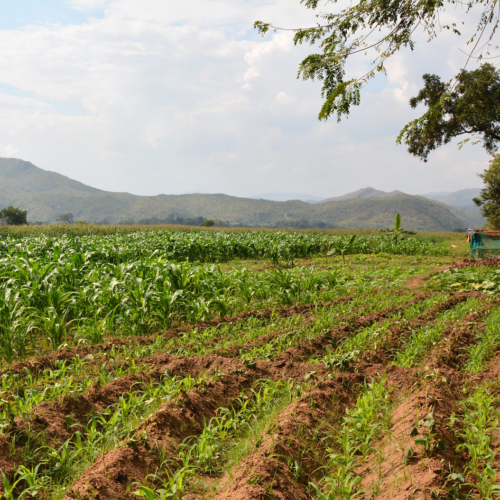
This report outlines an anticipatory insurance product designed to support farmers in the drought-prone regions of Malawi and Zambia.
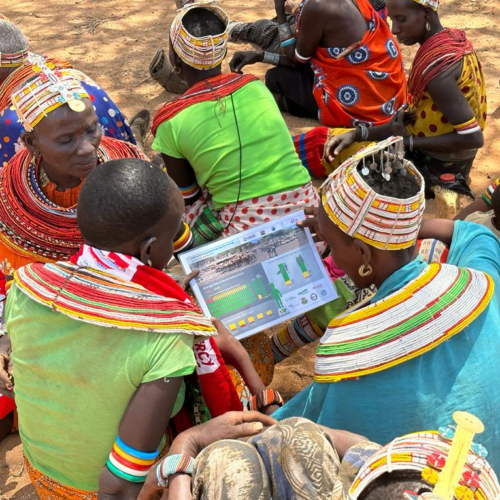
This report presents the final findings from the USAID Nawiri longitudinal study, which investigated the drivers of the persistently high rates of acute malnutrition from September 2021 to September 2023.
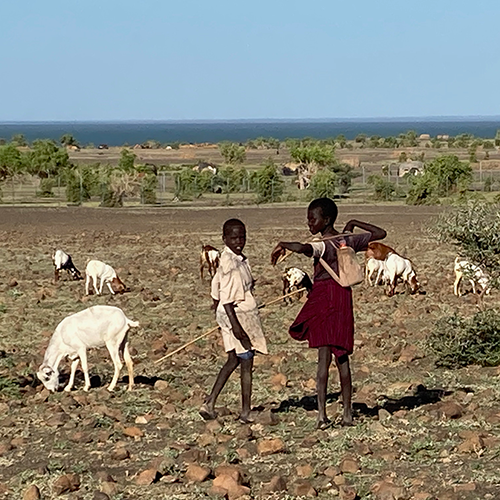
This learning brief examines the drivers of malnutrition in Isiolo and Marsabit Counties and their implications for policy and programs.
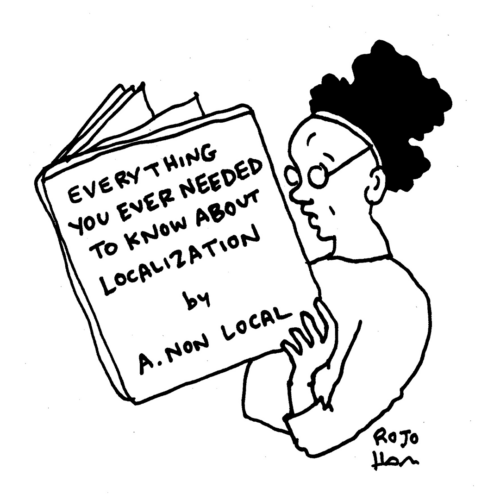
The time pressure involved in designing and implementing anticipatory action can discourage the localization of decision-making. Learn more from a cartoon-infused summary of insights.
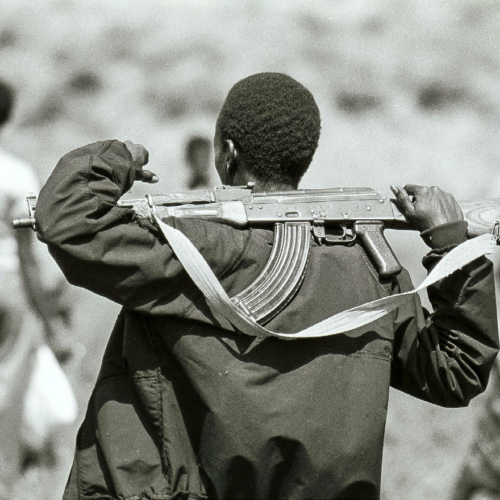
This briefing describes the key elements and issues associated with conflict in pastoralist areas across sub-Saharan Africa.

Ce document d’information décrit les éléments clés et les enjeux associés aux conflits dans les zones pastorales d’Afrique subsaharienne.
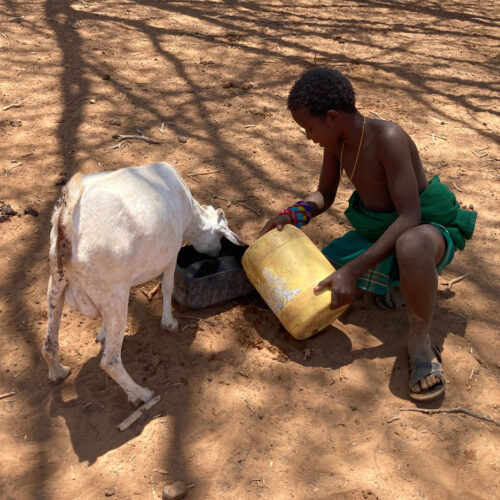
This learning brief explores the continuity and changes to livelihoods in select sites in Isiolo and Marsabit Counties, Kenya, and reviews the implications of the continuity and the changes on the drivers of child acute malnutrition.
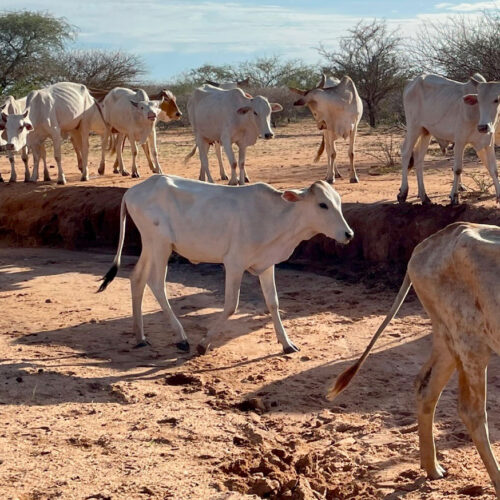
This learning brief presents preliminary findings on strategic mobility and its nutritional benefits to pastoral and agropastoral communities in select sites in Isiolo and Marsabit Counties, Kenya.
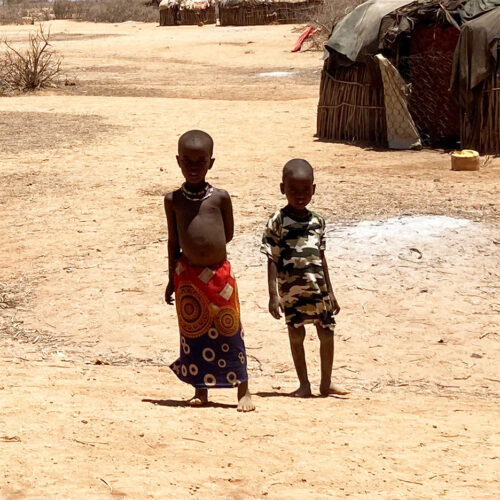
This learning brief presents preliminary findings about the cause (drivers) of persistently high rates of child acute malnutrition in select sites in Isiolo and Marsabit Counties.
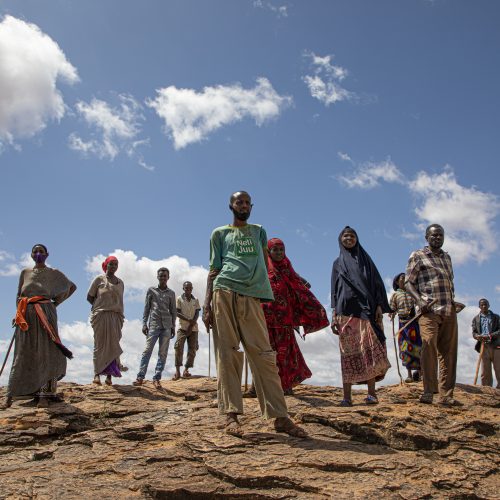
This report synthesizes the Nawiri research findings up to the end of September 2021 in relation to the conceptual framework for addressing acute malnutrition in northern Kenya.
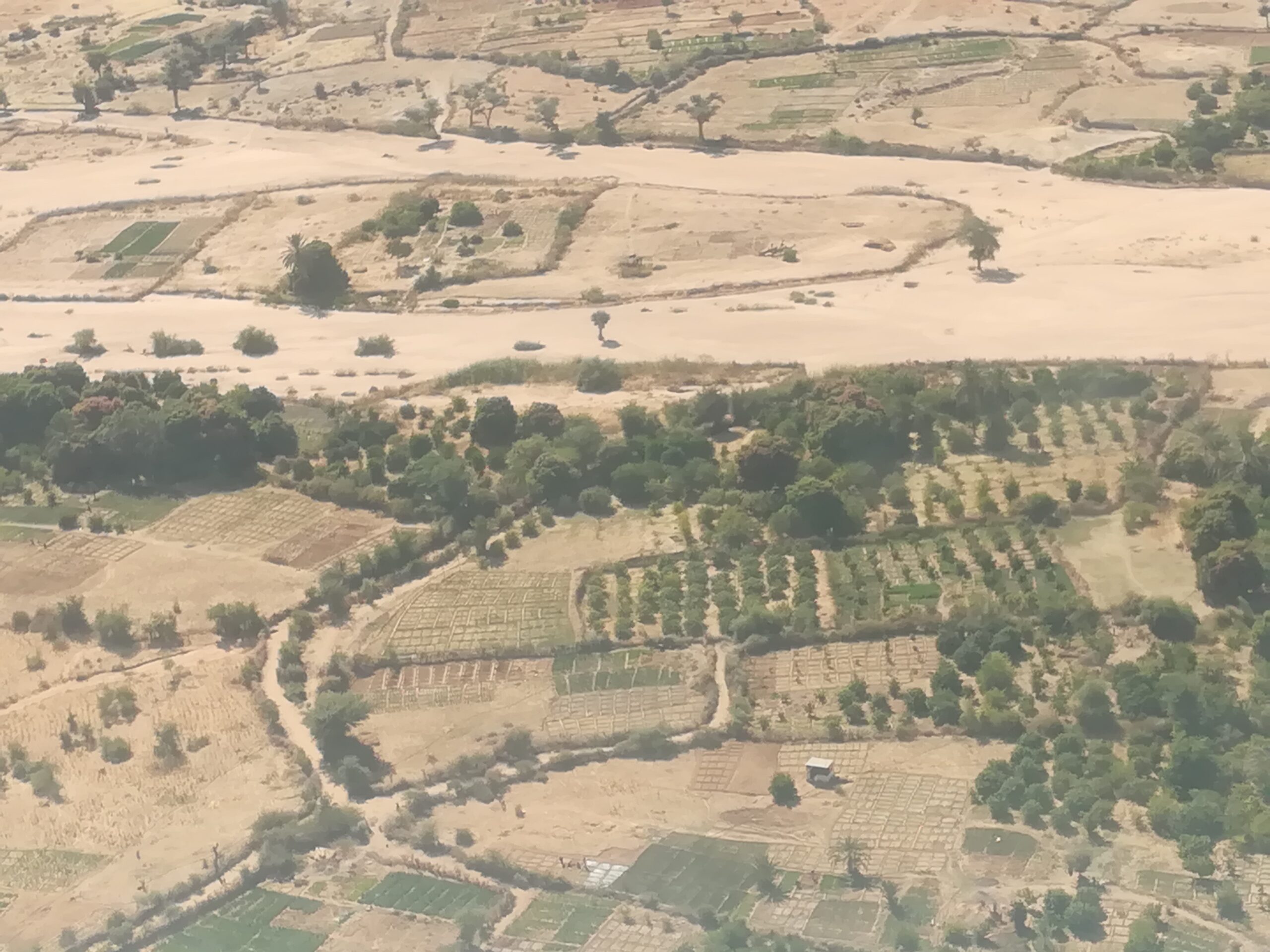
This brief explores community perspectives on integrated natural resource management (INRM) and aims to understand the incentives of natural resource users within Taadoud II areas to participate in INRM interventions.

This (Arabic) brief explores community perspectives on integrated natural resource management (INRM) and aims to understand the incentives of natural resource users within Taadoud II areas to participate in INRM interventions.
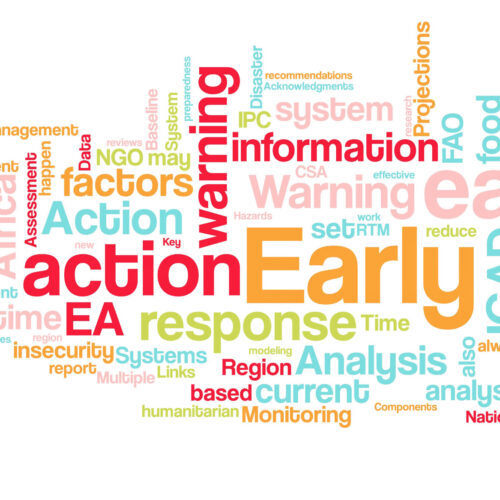
Multiple calls have been issued for better preparedness, early warning, and, above all, early action to prevent hunger and malnutrition, reduce the scale of food insecurity, improve resilience, and reduce…
This study examines the links between early warning and early action (EW-EA) in East Africa. The report deals specifically with new technology in predictive analytics and machine learning to enhance approaches to EW-EA.
This study examines the links between early warning and early action (EW-EA) in East Africa. The report describes existing regional and national EW-EA systems.
This study examines the links between early warning and early action in East Africa. The report provides the background to the study, a brief conceptual overview, the main findings of the study, and the recommendations to FAO and IGAD.
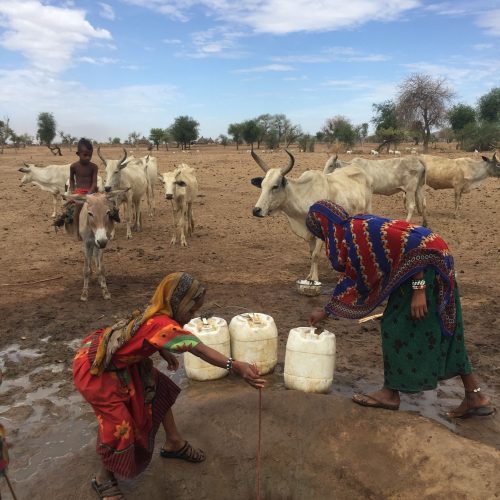
This report explores the seasonal patterns of acute malnutrition and its key drivers in the Goz Beida Region of Chad.
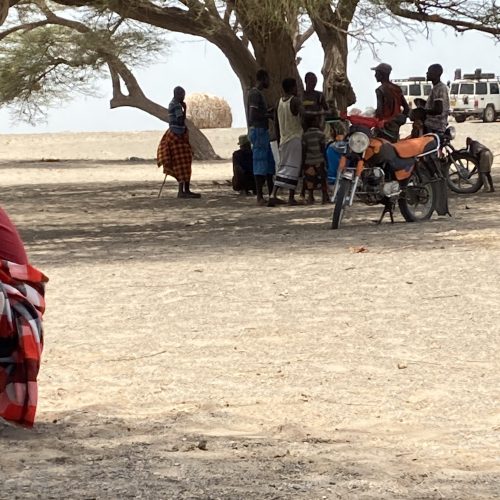
This report describes findings from a preliminary stakeholder survey on perceptions of malnutrition in northern Kenya.

The nature of humanitarian crises has changed over the past two decades. These changes demand increased anticipatory humanitarian action and improved information to guide that action. The COVID 19 pandemic…
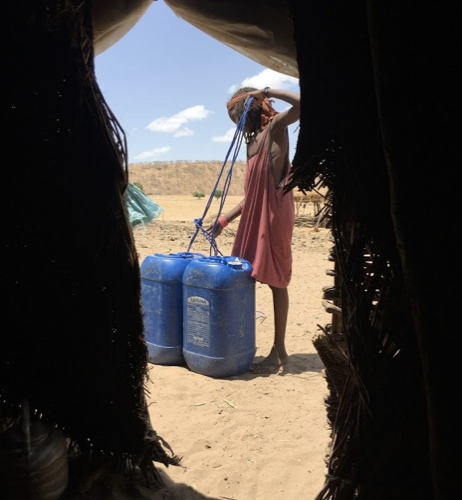
Ce document présente les motifs de la saisonnalité de la malnutrition aiguë et les différences des motifs et les facteurs pour les filles et les garçons dans le zone Goz Beida dans l’est du Chad.
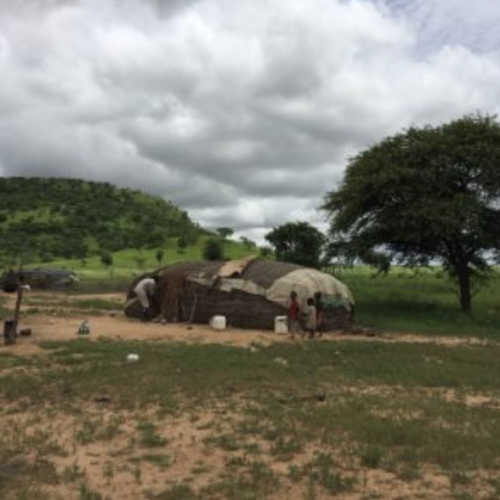
Ce document présente les motifs de la saisonnalité de la malnutrition aiguë et les différences des motifs et les facteurs pour les filles et les garçons dans le zone Goz…
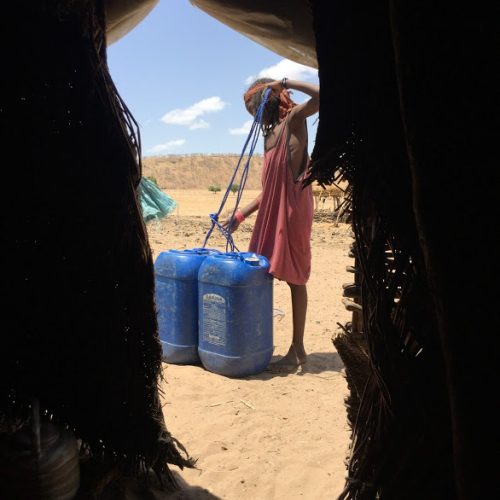
This brief summarizes the seasonal patterns of acute malnutrition and differences in seasonal patterns and possible drivers for boys and girls in the Goz Beida Region of eastern Chad.
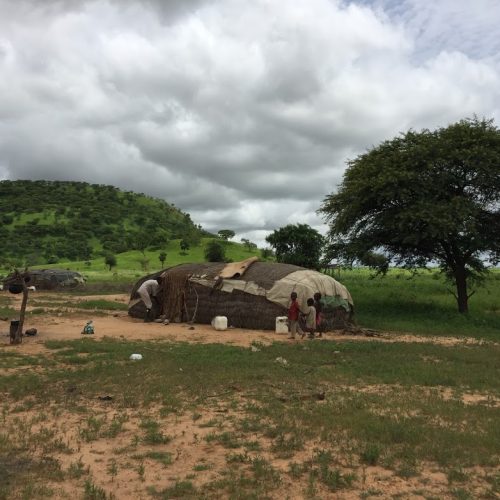
This brief summarizes the seasonal patterns of acute malnutrition and its key drivers in the Goz Beida Region of Chad.
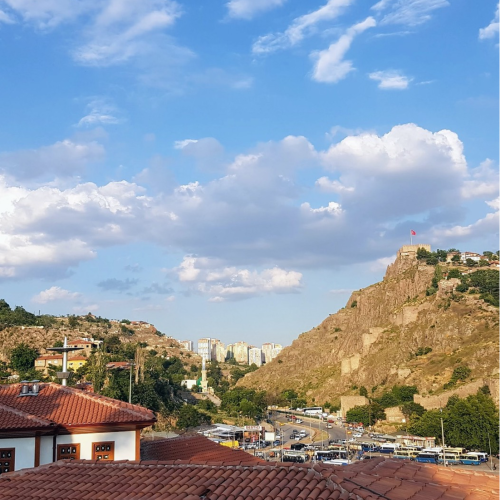
In this case report, Ankara resident Allan Cooper Dell explores the neighborhoods of Turkey’s capital city being transformed by Syrian refugees. He notes “It seems that the lives of the…
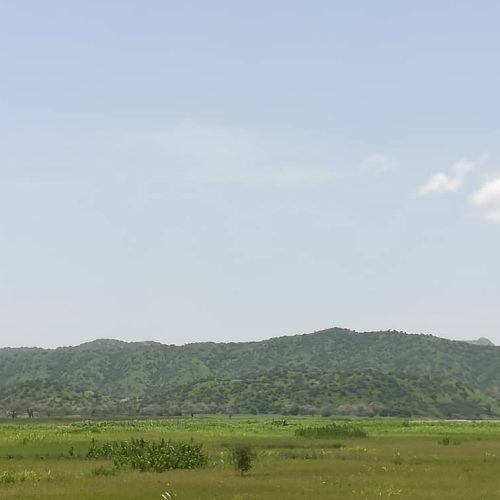
This field report provides an up to date information about the issues affecting the relationships between different users of natural resources within the changing context of Darfur.
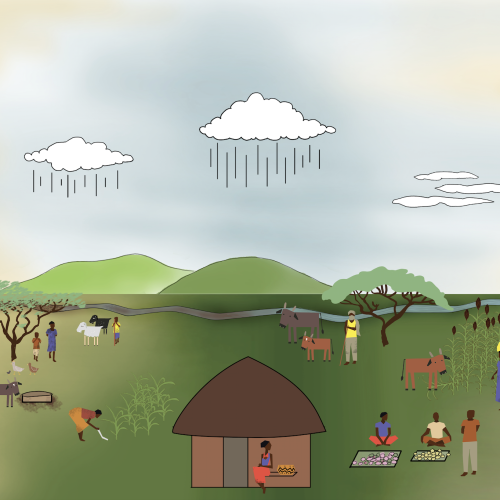
Le présent document d’information examine et met à jour le cadre conceptuel généralement accepté des moteurs de la malnutrition aiguë dans les zones arides africaines, où continue d’exister obstinément un niveau critique de malnutrition aiguë globale.

This brief reviews and updates the generally accepted conceptual framework of drivers of acute malnutrition in Africa’s drylands, where emergency levels of global acute malnutrition stubbornly persist.
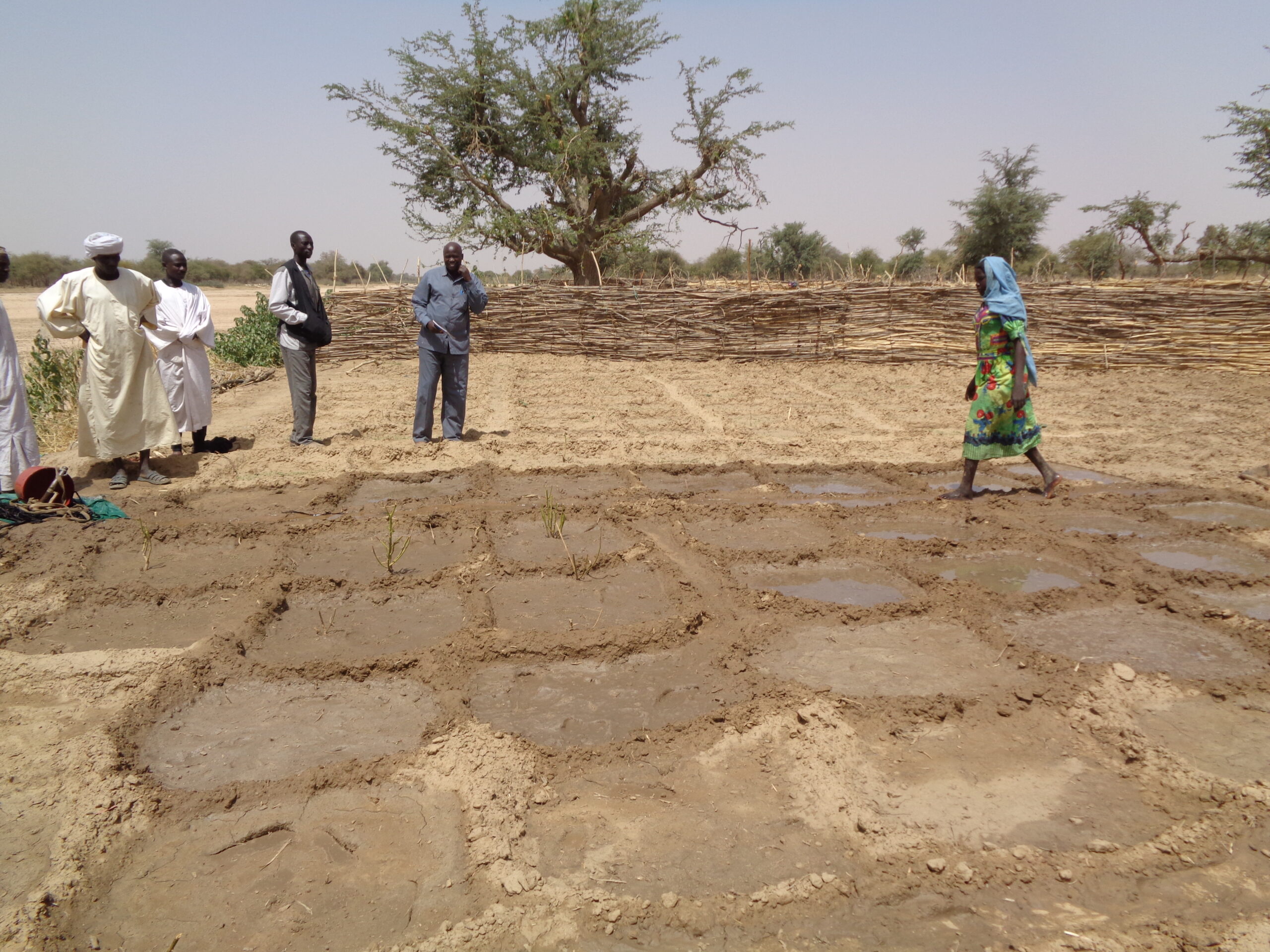
This brief reviews farming and pastoralist livelihood systems to highlight their evolving and overlapping tenure regimes. The learning brief series aims to promote awareness and understanding of natural resource use and management in Darfur to support the Taadoud II program and wider programs and policies to effectively build resilient livelihoods.

This brief in Arabic reviews farming and pastoralist livelihood systems to highlight their evolving and overlapping tenure regimes. The learning brief series aims to promote awareness and understanding of natural resource use and management in Darfur to support the Taadoud II program and wider programs and policies to effectively build resilient livelihoods.
This is the third in a series of three briefing papers that form part of the Mind the Gap: Bridging the Research, Policy, and Practice Divide to Enhance Livelihood Resilience…
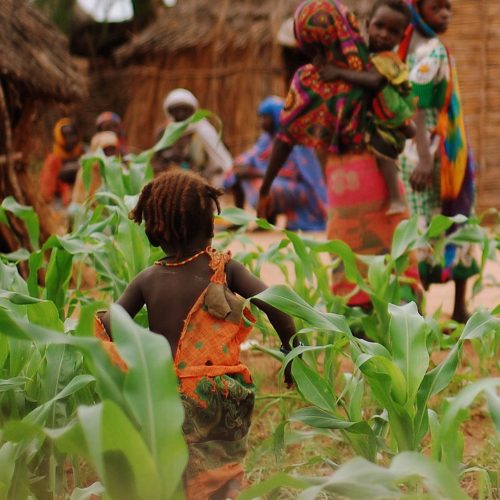
This report highlights major new findings on the seasonal patterns of child malnutrition and their links to climate variability, conflict, and livelihood systems in Chad, Sudan, and South Sudan.

This brief highlights major new findings on the seasonal patterns of child malnutrition and their links to climate variability, conflict, and livelihood systems in Chad, Sudan, and South Sudan.

This paper synthesizes findings from four studies on youth migration and resilience in different urban contexts. This work emerges from a collaboration between Save the Children US (Save US) and…
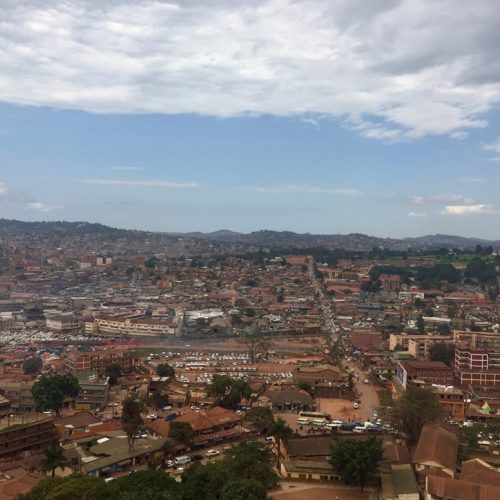
This study explores how Eritrean migrants’ different journeys influence their resilience capabilities and overall well-being in Kampala.
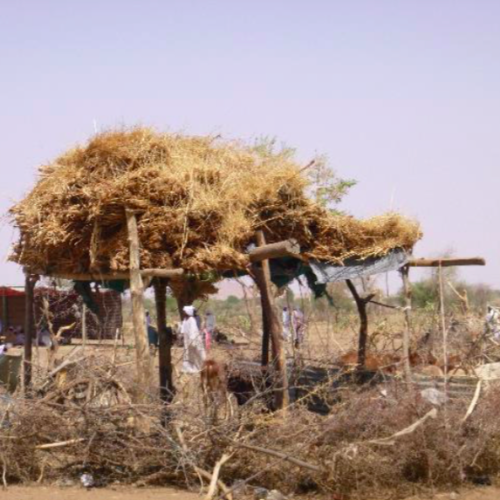
This publication presents a literature review activities in covering topics related to the natural environment and natural resource management in the Darfur region. This desk review serves as a foundation and reference for the NRM field studies and series of briefs, as part of the Taadoud II program, as well as supporting the development of training materials.
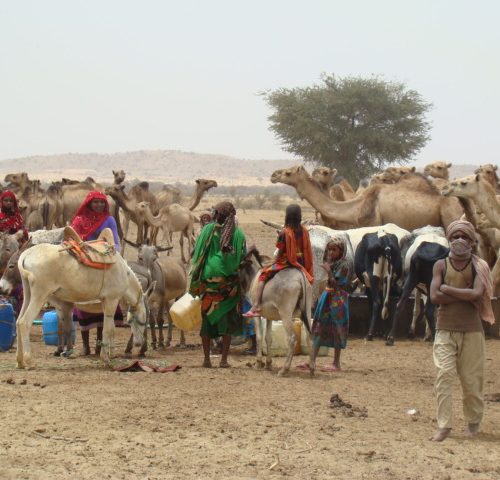
أظهرت الدراسات السابقة أنّ التنقل الذي يمارسه الرعاة يوفر مزايا كبيرة في الأراضي الجافة من خلال تمكين قطعان الماشية من الوصول إلى الرعي الأفضل جودة على مدار العام. تواجه أنماط…
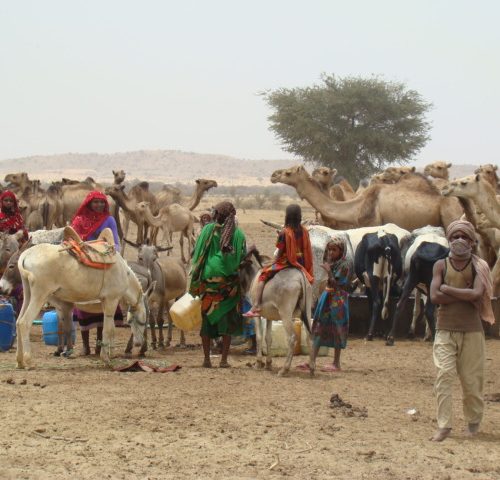
Earlier studies have shown that pastoralist mobility offers significant advantages in drylands by enabling herds to access the best-quality grazing over the course of a year. These patterns of mobility face many…
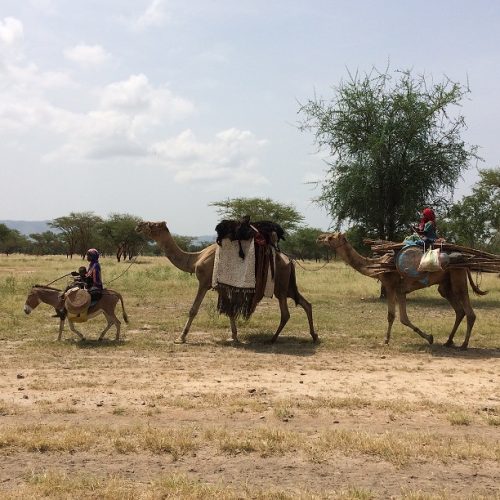
Cette étude est une contribution à la compréhension de la dynamique pastorale-agricole dans le Dar Sila, en relation avec son environnement naturel, social et économique. L’étude était initialement destinée à…

This study is a contribution to the understanding of pastoralism-farming dynamics in Dar Sila, in relation to their natural, social, and economic environment.

The executive summary of a study that contributes to the understanding of pastoralism-farming dynamics in Dar Sila, in relation to their natural, social, and economic environment.
Cette étude est une contribution à la compréhension de la dynamique pastorale-agricole dans le Dar Sila, en relation avec son environnement naturel, social et économique. L’étude était initialement destinée à…
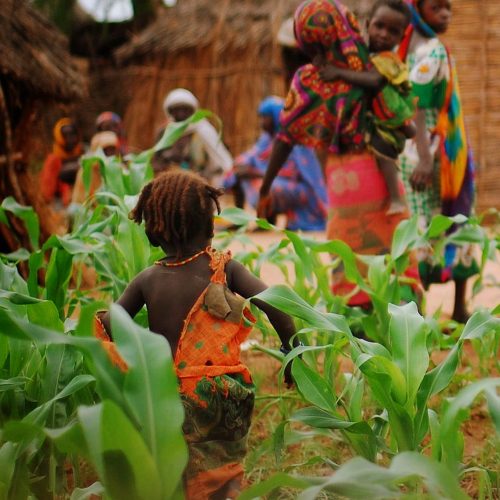
The widespread scale and long-lasting nature of “persistent GAM” means that it must be a policy and programming priority. This brief sheds light on the issue and provides strategies for policy and practice.
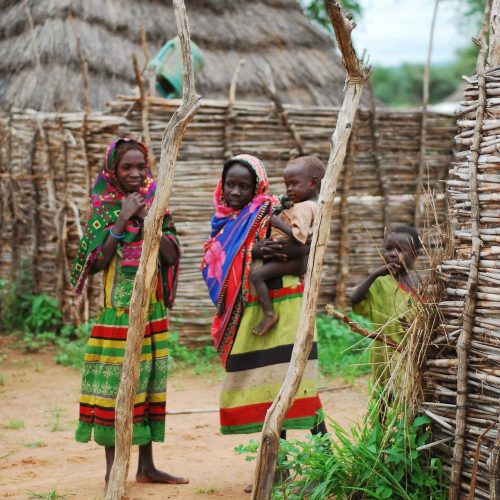
The widespread scale and long-lasting nature of “persistent GAM” means that it must be a policy and programming priority. This paper sheds light on the issue and provides strategies for policy and practice.
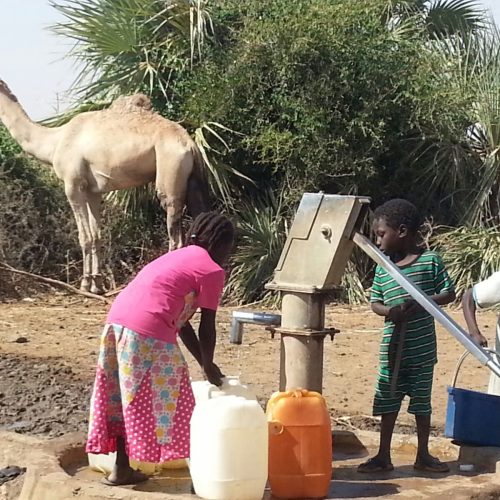
Livelihood systems in Darfur have experienced massive shocks and extreme changes over the past two decades. Though most communities are making positive progress, their recovery from multiple shocks over the…
Livelihood systems in Darfur have experienced massive shocks and extreme changes over the past two decades. Though most communities are making positive progress, their recovery from multiple shocks over the…
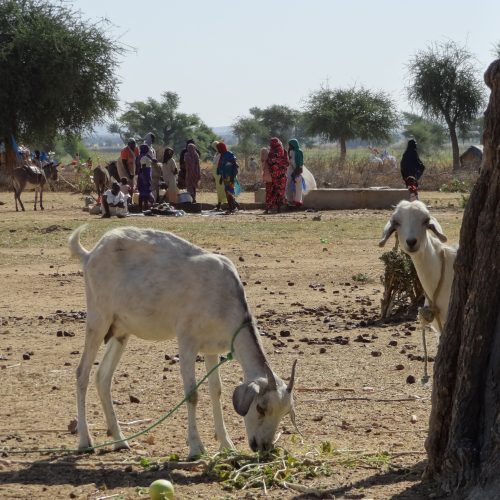
This report describes exactly how shocks have affected specific livelihood groups in Darfur, the extent to which people have been able successful at recovering their self-sufficiency, and why.
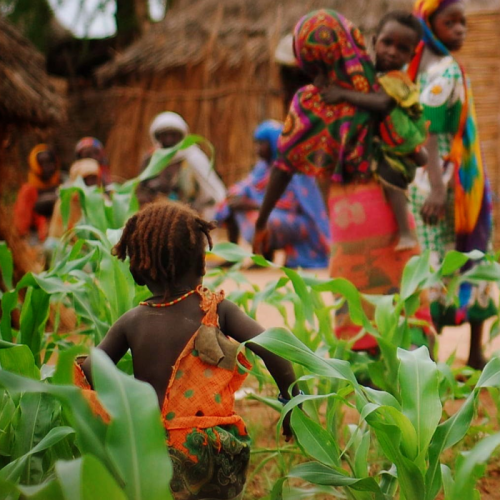
This report describes the results of an impact assessment on Concern Worldwide’s program in eastern Chad aimed at reducing malnutrition.
This is the French version of the report, Water, Livestock, and Malnutrition: Findings from an Impact Assessment.
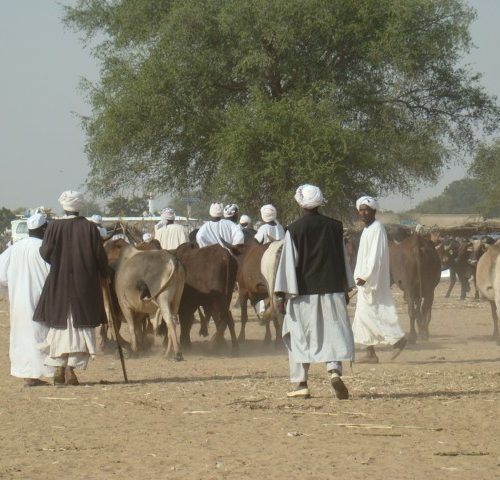
This report investigates the practice of pastoralism in Sudan. The authors delineate migration patterns and rationales as well as market strategies, and also offer recommendations for policymakers and service providers interacting with any community that includes pastoralists.
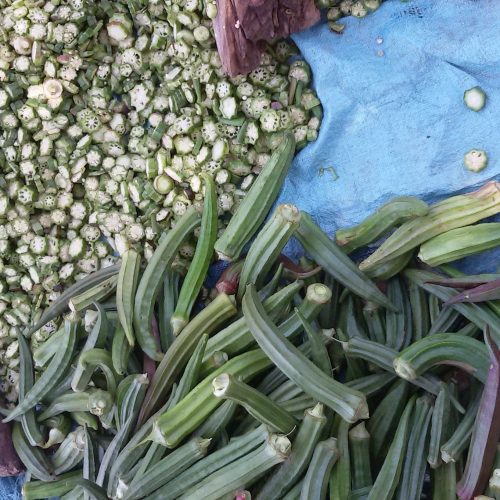
This scoping study explores the resilience strategies of households in multiple livelihood systems by describing how households in Darfur have coped with conflict and other shocks over the past fifteen…
FEINSTEIN RESEARCH PROJECTS
The CORD consortium works to protect health and build resilience in climate-related disasters. We collect and analyze data on the health effects of climate-related disasters, illuminating how vulnerable populations are affected around the world.
This project includes studies on early warning and assessment of crises, specifically looking at real-time monitoring, anticipatory action, political constraints, data collection and analysis, and the validity of indicators.
The Feinstein International Center and FAO have co-produced a Food and Nutrition Bulletin Supplement, based on an adapted conceptual framework for analyzing and addressing acute malnutrition in Africa’s drylands. More than 30 authors have produced 9 research articles and 2 short research communications.
This project aims to improve the lives and livelihoods of populations in pastoral areas of the Sudano-Sahel and Greater Horn of Africa by ensuring that early warning systems and humanitarian action are better attuned and more responsive to the needs and realities of these communities.
USAID Nawiri is an evidence-based development project to address acute malnutrition in northern Kenya. Catholic Relief Services leads a consortium in Isiolo and Marsabit counties, and Feinstein provides research and capacity-building support.
This project interrogates widely-held assumptions about when acute malnutrition is at its highest in dryland countries.
The Academic Alliance for Anticipatory Action (4As) is a global consortium of universities supported by USAID that is building the evidence base on why acting ahead of hazards and risks saves lives.
The Taadoud operational research aims to strengthen the impact of resilience-related actions and interventions.
This study seeks to understand the availability and quality of information, and the external influences on data collection and analysis for the classification of food emergencies.
This study is a partnership with Concern Worldwide that aims to inform programming around water, livestock, and nutrition in the Goz Beida area. It investigates the seasonal patterns of acute malnutrition and its key drivers in the Goz Beida Region.
This research project reviews, re-analyzes, and synthesizes the lessons from Feinstein’s experience of research linked to building livelihood resilience in protracted conflict situations.
Building Resilience and Adaptation to Climate Extremes and Disasters (BRACED), is a £140m project designed to improve the resilience of the most poor to climate extremes and shocks.
From 2005 to 2017, we developed a wide-ranging research portfolio on livelihoods systems under stress throughout the Greater Horn of Africa and beyond. This project synthesizes key themes of that research.
The Feinstein Center partnered with Concern Worldwide to (1) rigorously test the impact of the CRAM model on community resilience to shocks and (2) to explore how remote sensing data can provide accurate information to make early warning predictions in the Sila region of Chad.
This project investigates the practice of pastoralism in Sudan, offering recommendations for policymakers and service providers interacting with communities that include pastoralists.
Feinstein provides advisory support to a community-based market monitoring network in the Darfur Region. This project seeks to deepen analysis and understanding of the shifting patterns of trade and markets in Darfur on an ongoing basis for key agricultural and livestock commodities; identify how livelihoods and the economy can be supported through trade; and identify peace-building opportunities through trade.
This project aims to promote understanding of pastoralists’ livelihoods systems among local, national, and international stakeholders and to strengthen the capacity of pastoralist leaders, organizations, and other advocates to articulate the rationale for pastoralism.
This study documents existing practices and gaps, and builds the evidence base, for community-based targeting practices in complex emergencies. Program guidance materials were developed for WFP on the basis of the findings.
The BRIDGES project aimed to strengthen the capacity of state and non-state actors in the Somali region of Ethiopia to promote peace and stability through the delivery of quality education.
